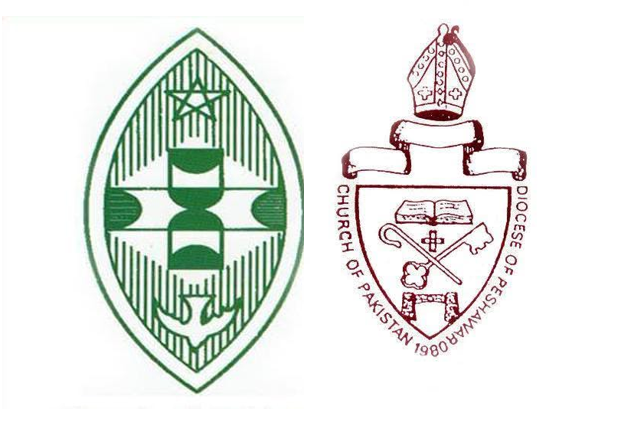Lahore: News Desk
The Diocese of Peshawar, Church of Pakistan, has been tasked with organizing the election of a Co-adjutor Bishop by January 20, 2025. This follows the retirement timeline of The Rt. Rev. Humphrey Sarfraz Peters, set for January 26, 2026. However, should the Diocese fail to hold the election as scheduled, the Rules and Procedures for the Election and Consecration of Co-adjutor Bishop (2007) empower the Synod to intervene and initiate the election process.
This provision was reinforced during a special Synod meeting on May 10-11, 2023. The meeting clarified, “Each Diocesan Bishop will have to elect his successor (Co-adjutor Bishop) a year before he retires as per the Rules and Procedures for the Election and Consecration of Co-adjutor Bishop 2007. Failure to do that the Moderator/President of the Synod Church of Pakistan has the authority to initiate the process and procedure of election in the concerned Diocese after the approval by the Synod Executive.”
The decision to proceed with the election was endorsed by the Executive Committee of the Synod, Church of Pakistan, during its December 7, 2024, meeting. The committee commended the Diocese of Peshawar for its initial steps, including a resolution passed on November 22, 2024, and an announcement letter dated November 25, 2024.
The General Secretary of the Synod, Mr. Khurram Shahzad, has requested the Diocesan Secretary, Rev. Shahid Younis, to convene a Special Meeting of the Peshawar Diocesan Council to finalize the election process. Once the Diocese confirms the date for this meeting, the Synod will issue its own notice to convene the electoral body on the same date.
The provision for Synod intervention underscores the importance of adhering to established election protocols. Failure by the Diocese to meet the January 2025 deadline, empowers the Synod, led by The Most Rev. Dr. Azad Marshall, to intervene and ensure the election proceedings without further delay.

This contingency highlights the Church of Pakistan’s commitment to maintaining leadership continuity and adherence to its rules. The process reflects a broader emphasis on organizational accountability and shared responsibility in ecclesiastical governance.
The election of a Co-adjutor Bishop ensures a smooth transition in leadership, as Bishop Peters approaches his retirement.
It also aligns with a resolution passed at the 15th Triennial Meeting of the Synod in 2017, which stipulated, “Each bishop will have to elect his successor a year before he retires.”
The situation underscores the importance of timely compliance with procedural requirements to uphold the integrity of the Church’s governance and ensure the selection of a leader who can guide the Diocese of Peshawar in its mission and ministry.


